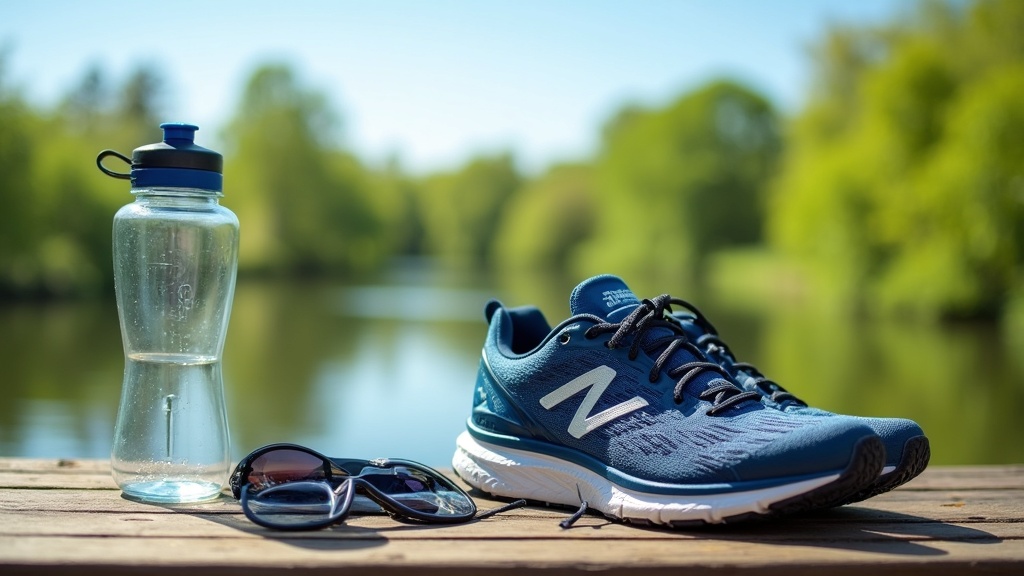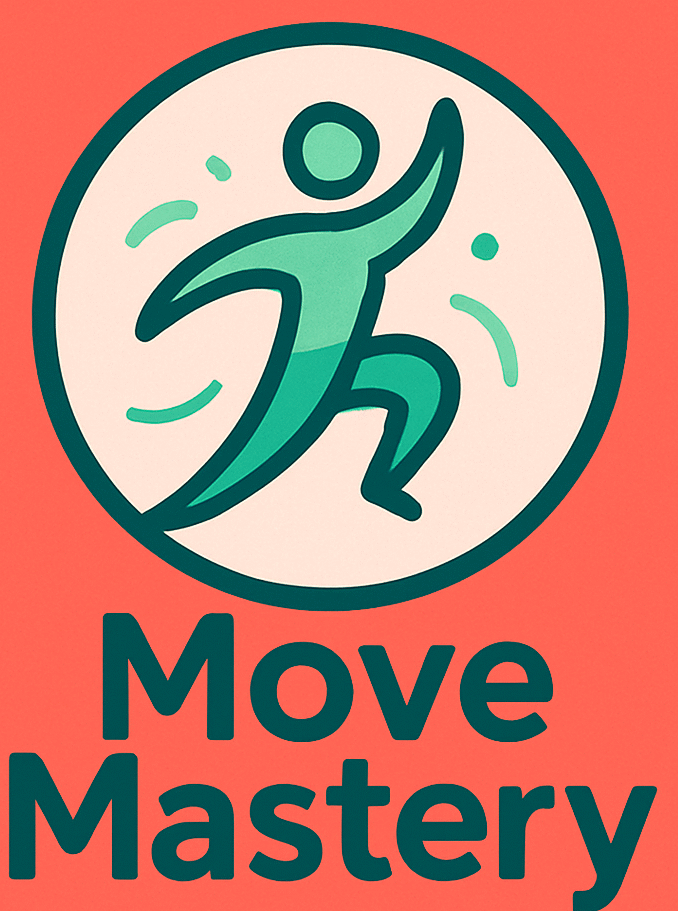
Running a marathon is a pretty big deal in the running world. The idea of covering 26.2 miles might sound intense, and there’s a real sense of achievement that comes with crossing that finish line. Still, a lot of folks who love running end up asking themselves, “Can I really do this?” or “Am I even ready?” I’ve been there, and I know how exciting (and a little intimidating) hitting this milestone can feel.
If you’re wondering whether you’re ready for your first marathon (or even just thinking about the possibility), some early signs can help you figure it out. There’s a process to getting yourself to marathon-ready status, and preparing safely is just as important as the big goal itself.
Why Marathon Readiness Matters
Jumping into a marathon without the right foundation doesn’t usually end well. Running a marathon takes time, patience, and preparation—not just physical endurance but mental stamina too. If you train the right way, you’re a lot less likely to get sidelined by injuries or hate every mile and burn out before race day. When you’re actually ready, you’ll have way more fun and feel proud of what your body can handle.
Getting a handle on your own readiness also helps you build confidence. Signing up for a marathon before you’re prepared is a recipe for stress, and the last thing you want is to dread your training or the event. Knowing you’re on the right track makes the build-up exciting instead of overwhelming.
15 Early Signs You’re Ready for a Marathon
1. Comfortably Running 10 Miles
If you can run 10 miles at a steady pace without needing to stop for long breaks, you’ve got a strong base. This shows your endurance is coming along and your body can tolerate longer runs.
2. Running Four or More Days a Week Feels Normal
Running regularly, not just once in a while, means your body is used to the demands of training. Four or more days a week lets you build up mileage and recover properly, which is a solid marathon base.
3. Sticking to a Consistent Running Routine (6 Months+)
You’ve been running consistently for at least six months without taking big breaks. This long-term commitment makes handling marathon training much more realistic.
4. Faster Recovery After Long Runs
Your body is bouncing back after hard runs, and you’re not getting super sore for days. Shorter recovery time means your muscles and joints are adapting.
5. Running Without Major Injuries
No lingering pain or nagging injuries stopping you from upping your mileage. Healthy joints and muscles are really important before ramping up training.
6. Experience with Shorter Races
You’ve finished a few shorter races (5K, 10K, maybe even a halfmarathon). These events give you a taste of pacing, race-day jitters, and how your body reacts to pushing hard. Shorter races help you spot your strengths and challenge your race strategy without the pressure of a marathon.
7. Long Runs Feel Tough, But You Get Through Them
Long runs aren’t miserable torture; they’re challenging, but you finish strong. If you usually complete your weekly long run feeling accomplished (even tired), you’re setting yourself up for longer distances. You might even look forward to those weekly tests—see them as milestones.
8. You’re on Top of Fueling and Hydration
You know how to eat and drink before, during, and after runs. Figuring out what works for your stomach is really important for marathon training, where poor nutrition can totally derail you. You also know when your body needs a drink or a snack; this skill carries over on race day.
9. Your Running Shoes Are Properly Broken In
You’ve found shoes that fit well and aren’t causing blisters or aches. Having comfortable, broken-in gear means you’re not distracted by foot pain or trying new products during long runs. The rest of your running gear is tried and tested so you don’t have surprises in training or races.
10. Genuinely Enjoying Running
You actually look forward to getting out the door. When running feels like something you want to do, not just something you have to check off, training will be much more bearable. Passion for the sport will fuel your motivation even during tough weeks.
11. Comfortable Running in Different Weather
Heat, rain, wind, or chilly air—you don’t freak out over what’s happening outside. If you can power through less than perfect conditions a couple times a month, you’re way less likely to skip crucial runs during marathon training. Flexibility and grit are key for every marathoner.
12. Understanding Your Pacing
You’ve got a sense of your easy versus hard pace and how to dial things back so you can last longer. Pacing knowledge helps prevent burnout on race day and throughout long training runs. Recognizing when to hold back ensures you finish strong.
13. Having a Plan in Mind for Training
You’ve taken time to research training schedules or even mapped out your own. Having a plan (instead of winging it) helps avoid panic or overtraining. Tracking your weekly and monthly goals keeps you focused and makes long-term progress easier.
14. Setting a Realistic Marathon Goal
Instead of thinking, “I just want to finish lightning-fast,” you’re focused on making it to the finish line or running a steady race. Realistic expectations line up with your current fitness level, so you’re not disappointed or overstressed. A realistic goal lays the groundwork for enjoying the whole adventure.
15. Feeling Excited, Not Dreading Training
Mentally, the idea of marathon training feels like a cool adventure, not something you’re avoiding. Excitement is a powerful motivator for sticking with tough sessions and big mileage weeks. That mental drive will help you handle setbacks as well.
How to Prepare Safely Before Marathon Training
Feeling ready is awesome, but taking a cautious approach to marathon prep keeps you running strong all the way to race day. Here’s what works for me and just about every experienced runner I know:
Pick a Smart Training Plan (16 to 20 Weeks Long)
Jumping into random long runs is a recipe for injury. A good marathon training plan usually lasts 16 to 20 weeks, with gradual mileage increases and rest days built in. There are plenty of proven plans online, like Hal Higdon and Jeff Galloway, and apps such as Nike Run Club or Strava, which have some good options. Try to choose a plan that matches your current mileage and lifestyle, and avoid schedules that ask you to jump ahead too soon. Sticking to a plan that fits your routine is far more effective than copying a popular program that doesn’t blend with your work or family schedule.
Mix in cross-training and rest.
Running five or six times a week isn’t always better. Adding easy sessions like cycling, swimming, or even basic yoga helps get your heart rate up without pounding your legs. Rest days are just as important as long runs, letting your body rebuild and adjust. I never skip them, and it makes a huge difference. Try cross-training a couple days per week to stay injury-free and keep things interesting. Activities like biking or swimming are good for your cardio and give your joints a break from the pavement.
Dial in Your Nutrition and Hydration Habits
Fueling your body takes some practice. Eating a mix of carbs, protein, and healthy fats helps you recover, while staying hydrated, especially on hot days, keeps you from crashing midrun. Try out gels or electrolyte drinks during training to see what sits well with your stomach. On longer training runs, practice with different snacks and fluids (like pretzels, dried fruit, or bananas) so your GI system isn’t caught off guard on race day.
Gear Checklist for Safe Training
- Well-fitted running shoes (not worn-out pairs)
- Comfortable, moisture-wicking clothes (including good socks)
- Water bottle or hydration pack for longer runs
- Running belt or pouch for food, ID, keys
- Anti-chafing balm and sunscreen as needed
Getting Started: The Path to Your First Marathon
If you recognize most of these early signs in yourself, that’s a great start. Every runner’s adventure looks a little different, but marathon readiness is something you build step by step. Feeling excited, having some shorter race experience under your belt, and building up your training outlook—these all matter just as much as logging miles.
Start smart, take your time, and be honest with yourself about where you’re at. Training for a marathon is about building a habit and listening to your body, not just crossing the finish line as fast as possible. If you’re ready, go for it. Your marathon experience will be so much better for it!
Marathon training isn’t just about big workouts and mileage. It’s about tuning into yourself, tracking small wins, handling tough days, and bouncing back stronger for the next run. Take the process one week at a time, experiment with fueling and recovery, and make sure each new milestone makes you feel even more capable. With thoughtful planning, steady effort, and the right attitude, you’ll set yourself up for a marathon finish that feels truly earned.
